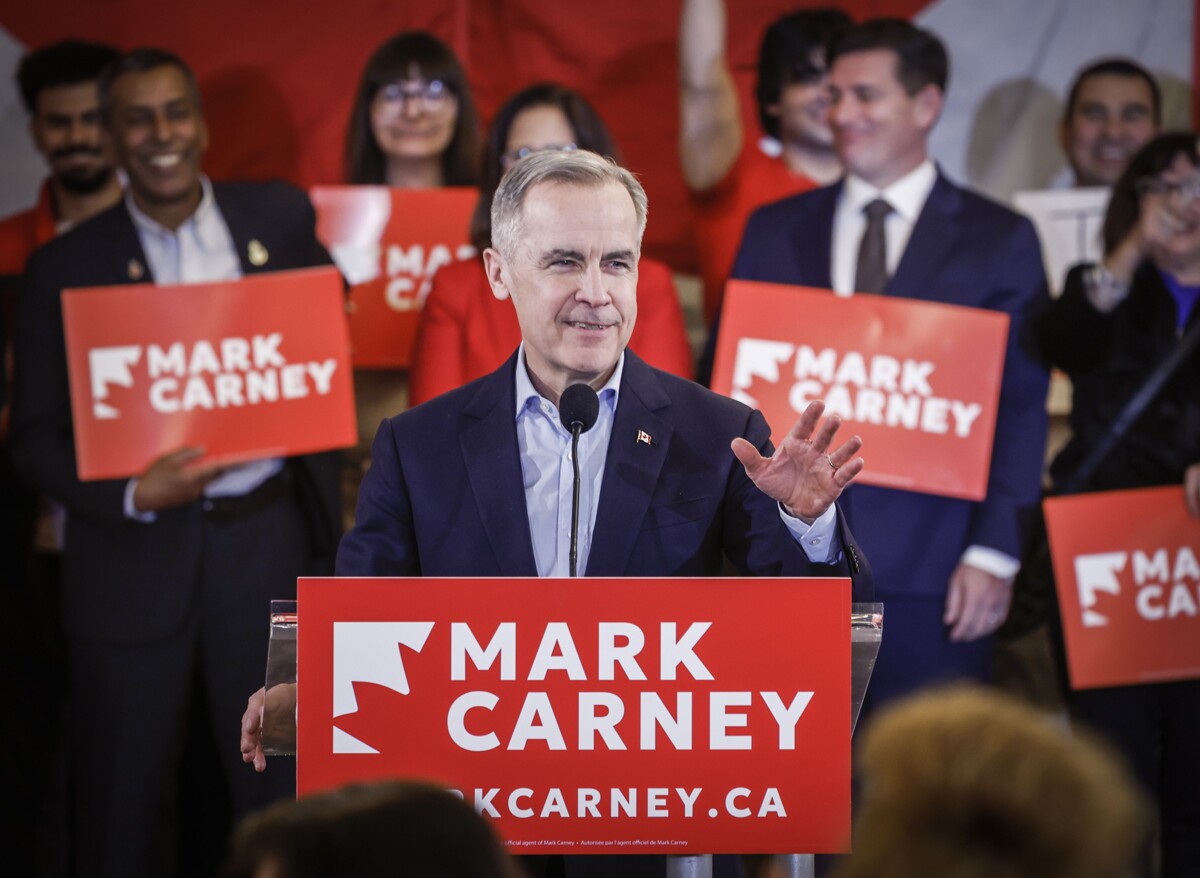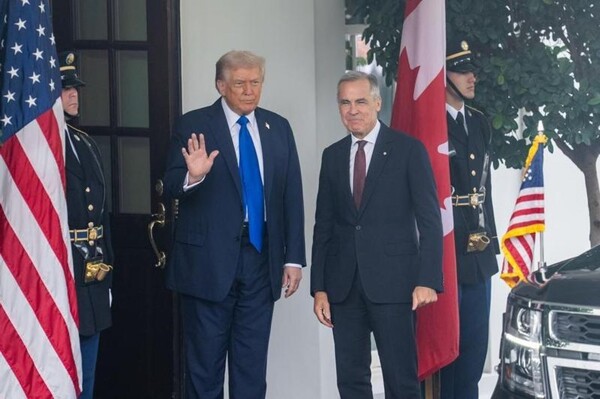
Mark Carney, a measured former central banker, is in pole position to succeed Justin Trudeau as the next Prime Minister of Canada following Trudeau's resignation in January. Carney, 59, stands out as the favorite to lead the Liberal Party in a vote that will take place on Sunday, March 9.
Opposition Conservatives hoped to center the election on Trudeau, whose popularity has diminished amid rising food, housing, and immigration costs. Trump's tariff pressure has also been a key factor in this political landscape. According to Nelson Wiseman, emeritus professor at the University of Toronto, Liberal MPs see Carney as having a greater chance of success in the federal elections.
Liberal Party members will choose Trudeau's successor in a secret vote involving about 140,000 members, and the new leader is expected to call for elections shortly thereafter. Carney's calm temperament and exceptional curriculum make him a reassuring figure for many Canadians at a time when Trump threatens the economy and sovereignty of the country, according to Professor Daniel Béland from McGill University in Montreal.
Mark Carney, recognized for his key role in leading the Bank of Canada and the Bank of England, has received support from various sectors after announcing his candidacy in January. His effective handling of the 2008 financial crisis in Canada positions him as the ideal candidate to face current challenges.
Carney's main contender in the race for the Liberal Party leadership is Chrystia Freeland, who resigned from the government due to differences with Trudeau. The growing acceptance of liberals in polls reflects a strengthening of their chances in the upcoming parliamentary elections.
Thus, as Canada prepares to choose its next leader, Mark Carney's figure emerges as the strongest option to take on the role of Prime Minister and guide the country in a crucial moment of its political history.












